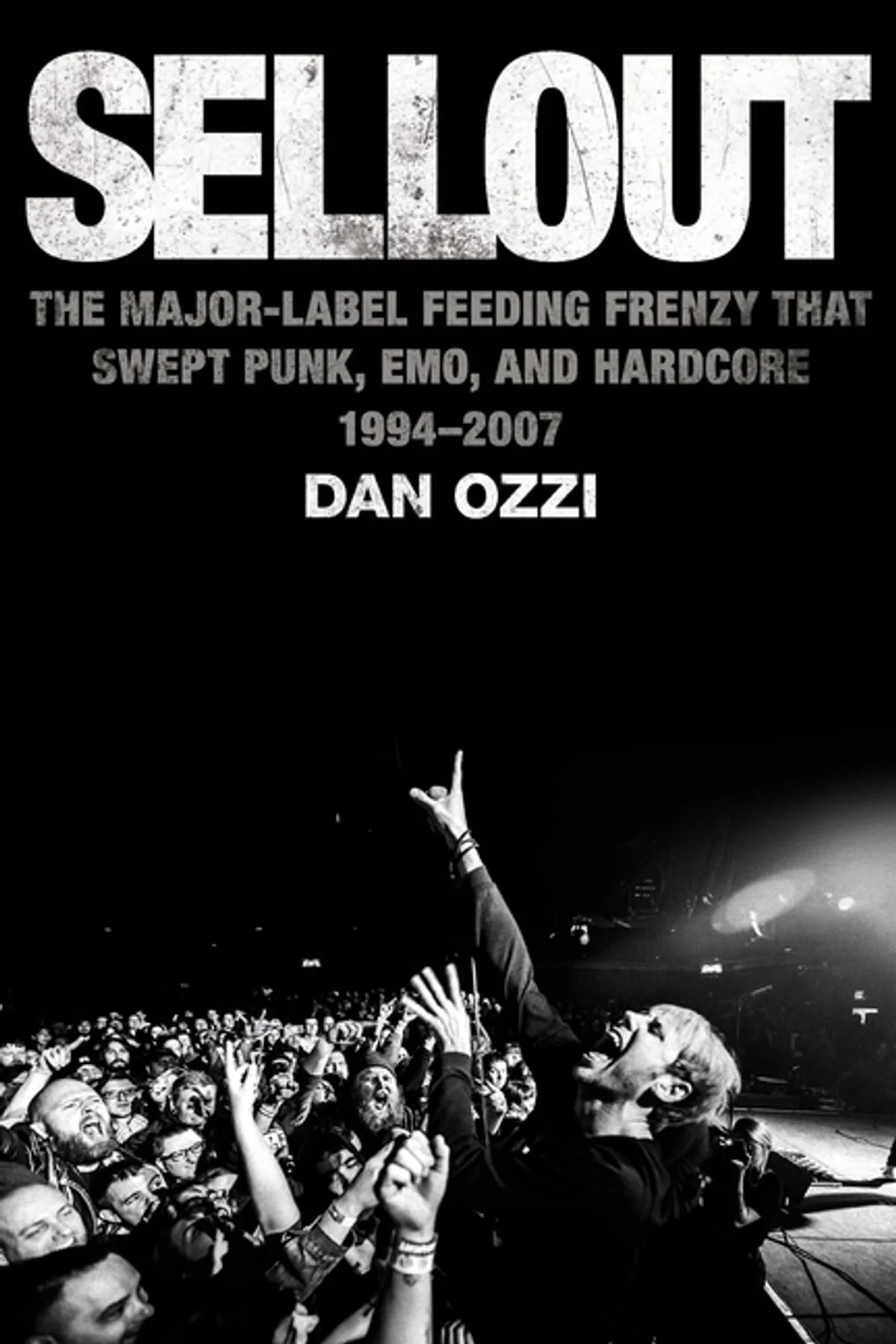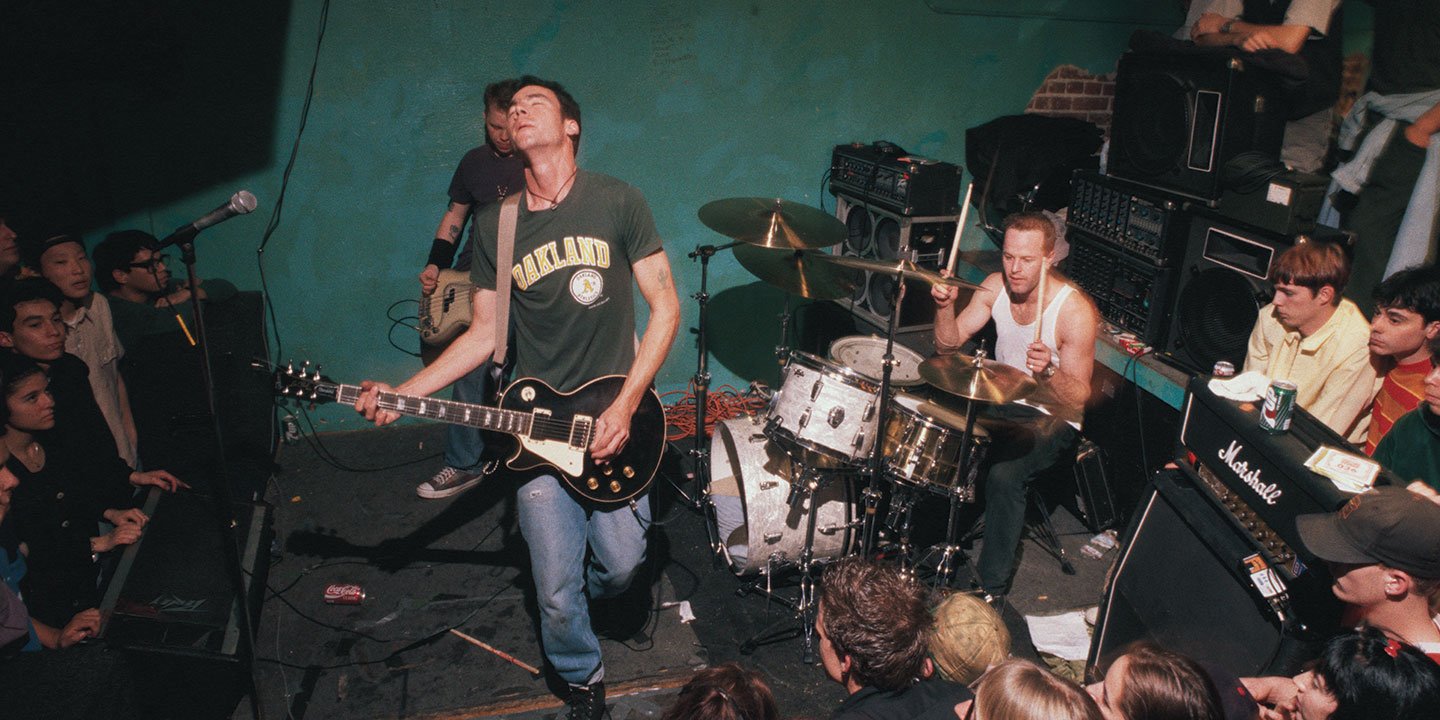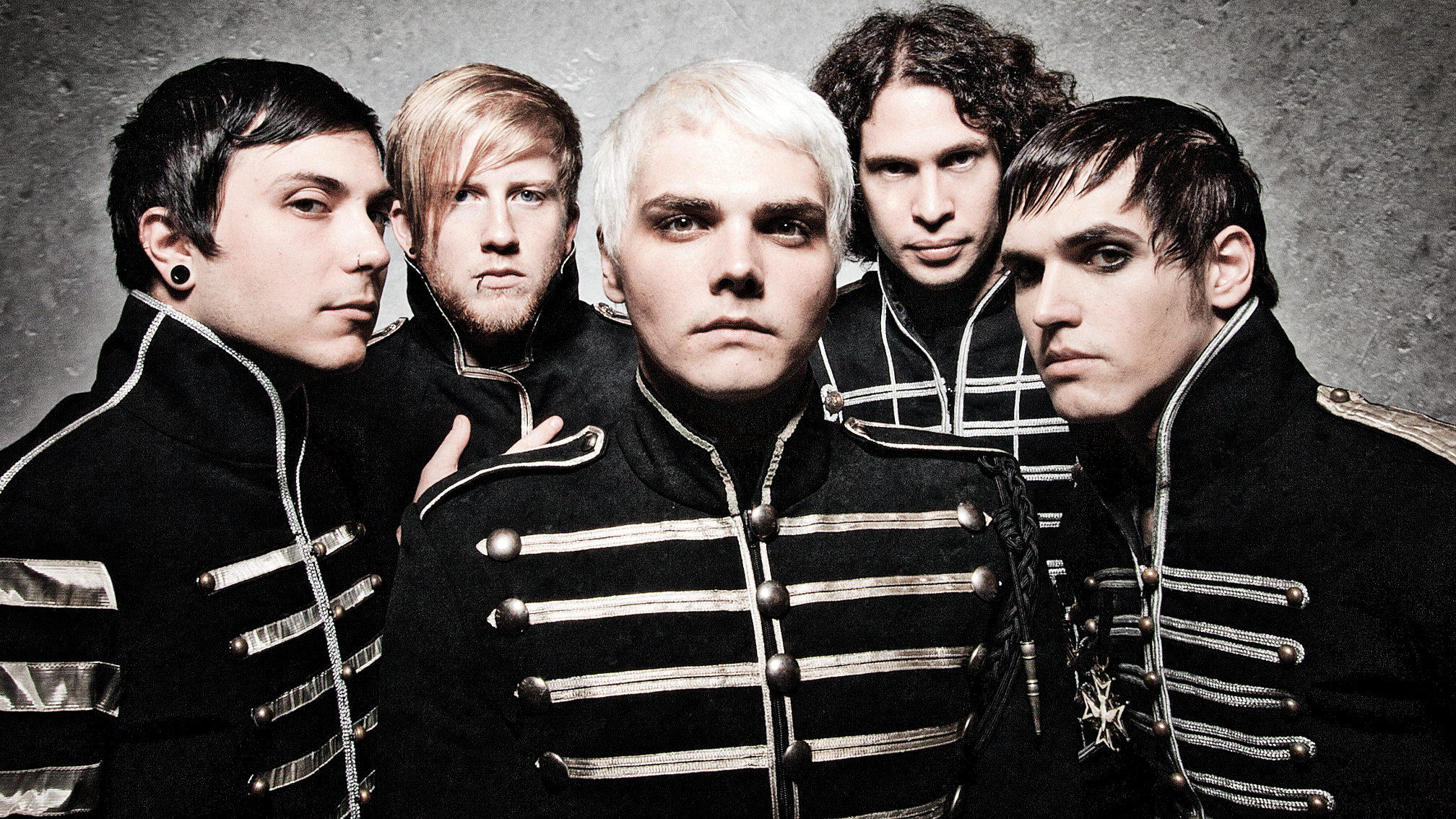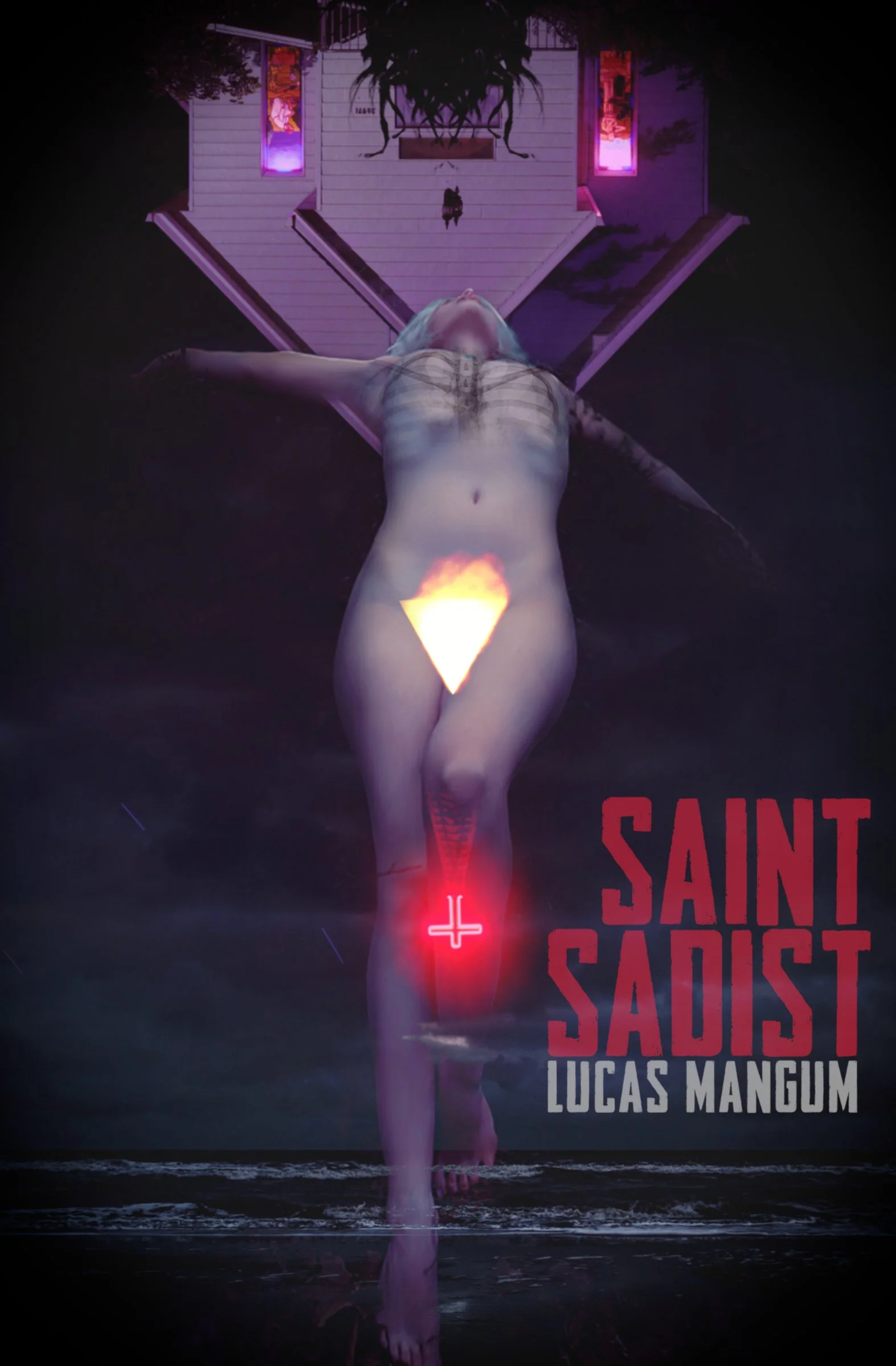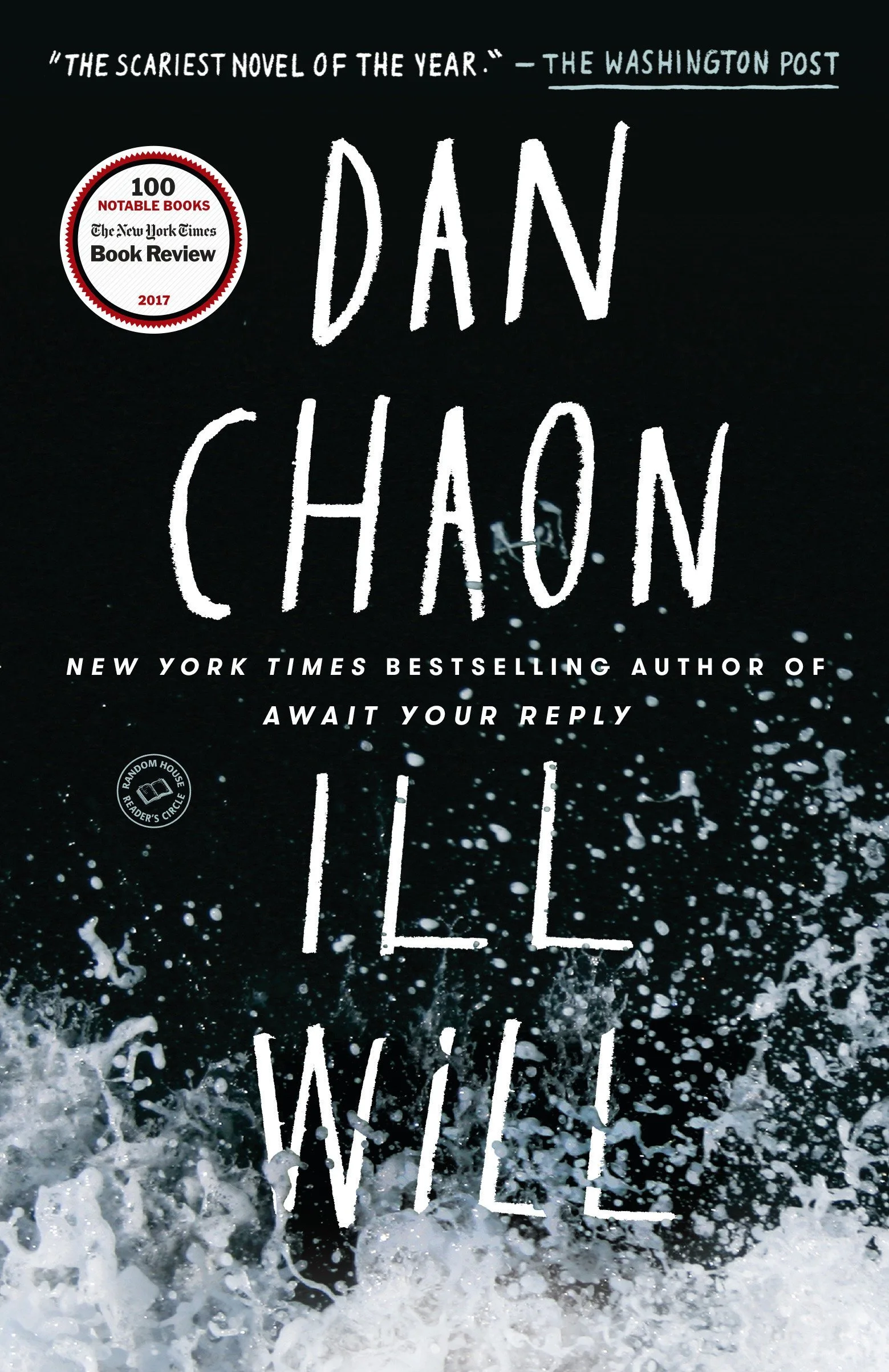Book Review : Dan Ozzi - Sellout (2021)
I'm a casual punk rock enjoyer. That means I know a lot about the history and the music without feeling emotionally indebted to the genre. Punk rock most definitely didn't save my life. But it saved a shitload of people. It also gave them a sense of purpose in the rejection of modern society and its values. But what happens when modern society thinks you're cool and potentially profitable? That's what Dan Ozzi tries to figure out in his book Sellout: The Major-Label Feeding Frenzy That Swept Punk, Emo and Hardcore.
In Sellout, Dan Ozzi explores what happened to punk rock in the midst of Nirvana's breakout success. Starting with Green Day in 1994, Ozzi tries to understand what happens to such an ethically and culturally rigid music when it gets embraced and streamlined by the very system it despises. There are success stories like Blink-182 and My Chemical Romance, but also tales of failure and heartbreak like Jawbreaker and The Distillers. By doing that, Dan Ozzi highlights a more difficult and contemporary question: what is success?
Money & Fame
Sellout is a book about the modern history of punk rock, but it's also not. It's a book about what it means to be successful and how our basic idea of it isn't meant for everyone. I mean, that's what interested me enough about the book to writer a long review here. Because, from Green Day to Against Me!, major labels have given the eleven bands discussed in Sellout the same exact things: money and the logistical support to achieve a greater popularity. That's "the dream" but that's also where it gets complicated.
The punk community defines success in a weird, amorphous way. It's about being loyal and showing artistic integrity and rejecting the values of mainstream society and whatnot. That means everything and nothing, but that also created a rift in the community when major labels started coming for their favourite bands. When offered the opportunity to reach people outside of their community and the chance to create a real, lasting cultural legacy, all these bands had to ask themselves whether they wanted it or not.
It's very tempting when any artist comes knocking with money and logistical support. But the heartbreaking discovery Dan Ozzi makes in Sellout is that not everyone is built for that. There's a soul crushing scene in chapter two where the frontman of Jawbreaker Blake Schwarzenbach walks by an Epitaph Records party while he's crippled with the stress of working on his big breakout record. Even if Jawbreaker's Dear You would've been a success (it's a good record), it's hard to think the band could've sustain it.
Another band that couldn't take the pressure of breaking through mainstream audiences is At the Drive-In, which came off like complete assholes to my metalhead self in Sellout. From what I understood, they broke up because they didn't want people to mosh at their shows? They could not handle their music to appeal to people who didn't share their values, to they broke up the band and formed The Mars Volta instead. That is fucking absurd to me, but money and fame didn't equal success to them and I respect that.
My Chemical Romance and the system that isn't really a system
The nineties were the pinnacle for major record labels and also their last decade before Napster blew it all up. If Sellout underlines anything, it's "the system" punk rockers loathed so much really was a bunch of people who went wherever the wind blew. They could not predict success in any way, shape or form and signed whoever they could from a genre that had a breakout success in order to flood the market with as much of it as possible. None of these success makers knew what success really meant either.
One of my favourite chapters in Sellout is about My Chemical Romance, a band Dan Ozzi claims everyone wanted to sign right away because they were so different and their image was so strong. Even before they were a band, Ozzi describes this charismatic aura that transported their frontman Gerard Way wherever he went. He was already successful at a young age, having a bachelor in fine arts and working as a visual artist before My Chemical Romance ever existed. He was inevitable like Thanos.
The nature of making work that connects with a large audience is still very much a mystery, but Sellout inherently suggests that it lies in the creative integrity, artistic vision and intensity will end up working out if its packaged coherently and reaches out to enough people. That's what I could gather from My Chemical Romance's chapter, which low-key gave me faith in art again. Who would've thought I'd find solace in Gerard Way? But I did and I'm not sorry one bit. Art is art and great artists are inevitable.
*
Music books are a dime a dozen. You can read one on any particular genre or topic and you'll get the great majority of information available. What makes Sellout: The Major-Label Feeding Frenzy That Swept Punk, Emo and Hardcore unique and interesting is that is using punk rock history to mirror an unsolved cultural question. It's a book on punk rock history that isn't really about punk rock. It's a book about an ideological and artistic divide and whether not money can resolve it and the answer is no.

